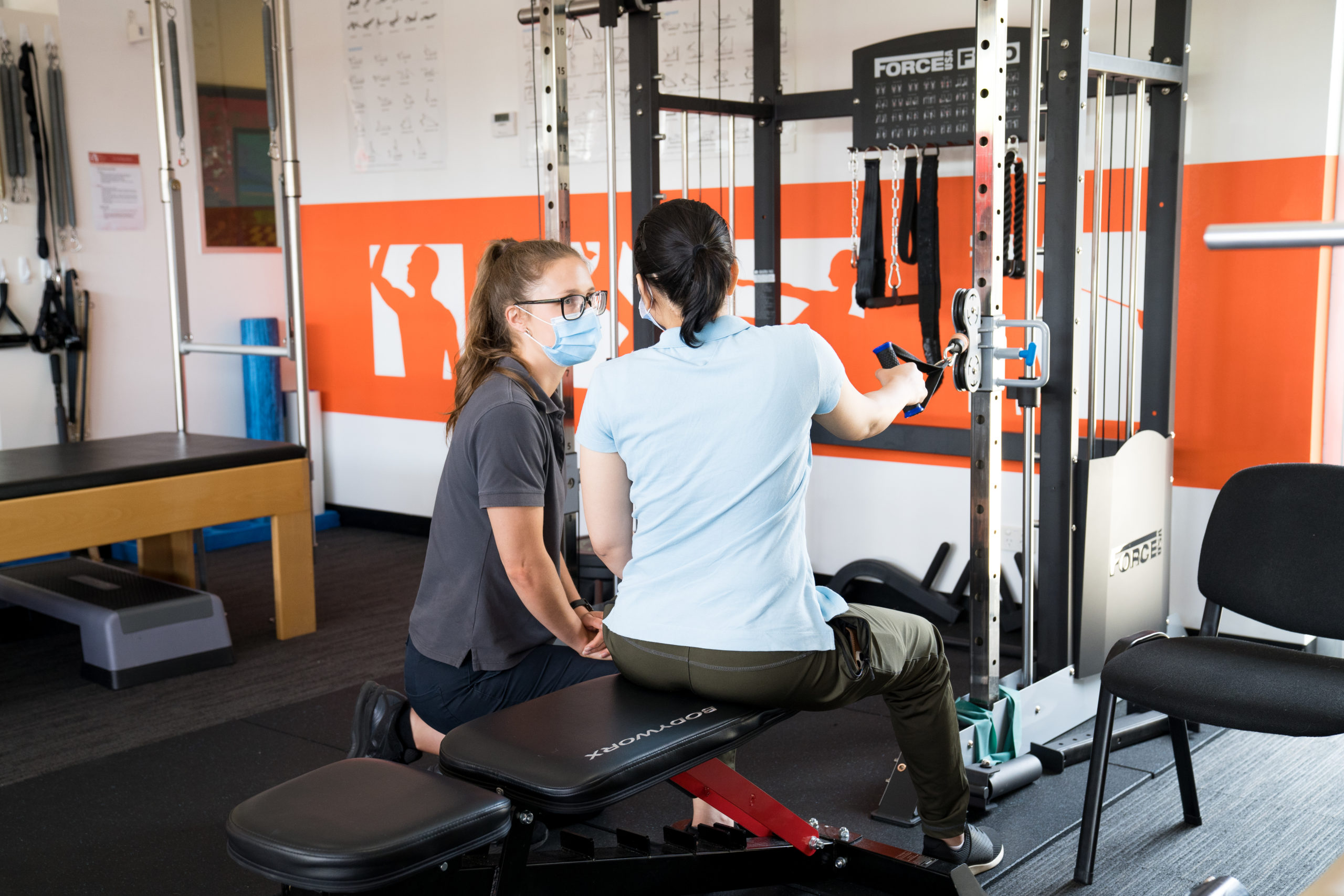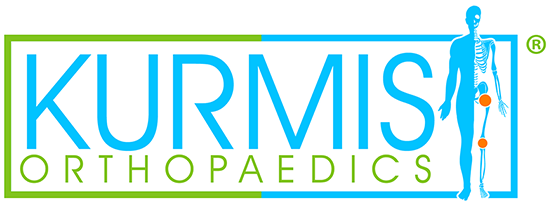
Joint replacements are becoming increasingly common. In 2017–18, 54,102 knee replacements (218 per 100,000 population) and 32,929 hip replacements (133 per 100,000 population) were completed. (Australian Institute of Health and Welfare, 2020). Between 2008-09 and 2017-18 the rates of total knee replacements increased by 27% and total hip replacements increased by 33% in Australia (AIHW, 2020). The most common joint replacements involve the hip or the knee, however, shoulder and ankle replacements also occur.





























